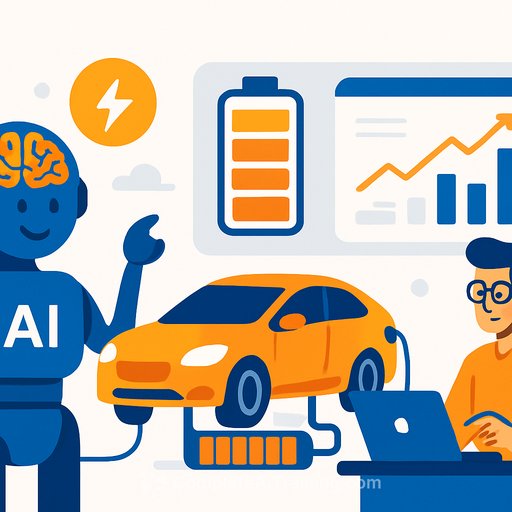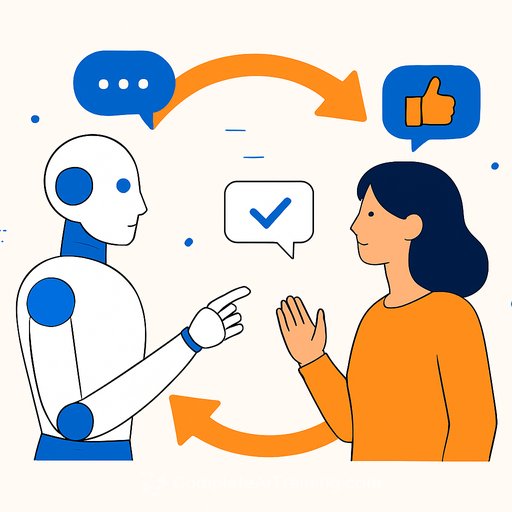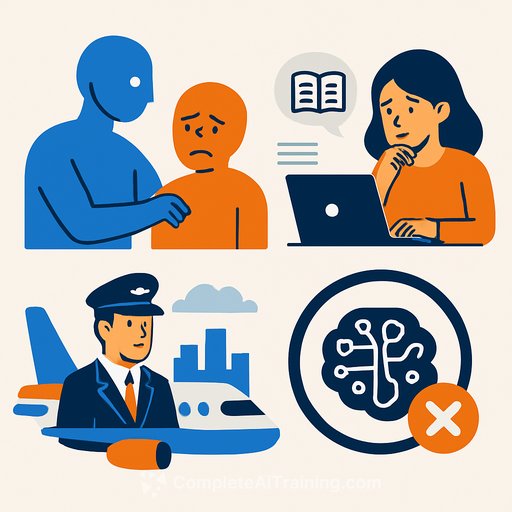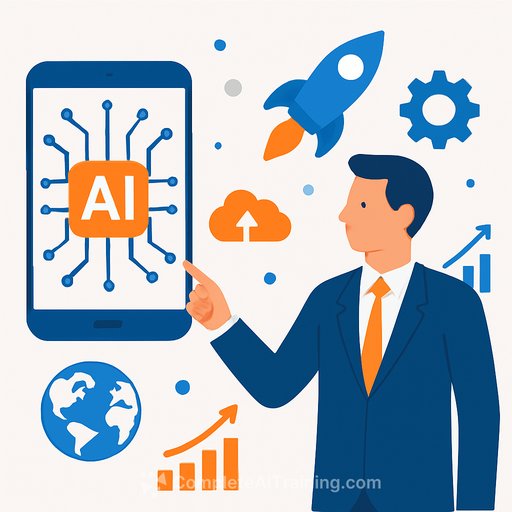Monolith and CamMotive Collaborate on AI-Driven EV Battery Testing
Monolith, a provider of artificial intelligence software, has teamed up with CamMotive, a UK-based e-powertrain testing company, to develop AI-powered tools for electric vehicle (EV) battery testing. This partnership focuses on improving the detection of complex failure patterns during battery development by enhancing how test data is validated.
Combining Physics and Machine Learning for Better Anomaly Detection
The collaboration introduces a ‘hybrid’ modeling approach that merges physics-based simulations with machine learning techniques. This method helps identify issues that traditional rule-based detection systems might overlook. CamMotive supports the effort by supplying operational test data to assess the models’ effectiveness in real-world conditions.
Efficiency Gains in Battery Development
Dr. Richard Ahlfeld, CEO and founder of Monolith, highlighted that training AI models with real-world data enables engineers to save time, improve performance, and reduce costs during product development. Bruce Campbell, director of CamMotive, added that Monolith’s AI enhances the use of their advanced test facilities, generating higher-quality results and enabling earlier detection of potential problems.
Reducing Physical Testing and Streamlining Workflows
The partnership builds on Monolith’s existing laboratory deployments. CamMotive is exploring how AI can reduce dependency on physical testing by supporting earlier fault detection and more efficient test reviews. In turn, CamMotive’s battery data helps improve Monolith’s battery-model accuracy.
- Monolith’s platform analyzes existing test datasets to predict outcomes, helping teams reduce prototype testing programs.
- The goal is to cut product development cycles in half by 2026.
- Key tools include a Next Test Recommender and an AI-powered Anomaly Detector to boost engineering efficiency.
Addressing Challenges in EV Battery Testing
Battery testing is a critical step in EV development as the automotive industry shifts away from internal combustion engines. This partnership addresses efficiency challenges by integrating AI tools that improve test data validation, reduce testing time, and enhance early detection of faults.
For product development professionals looking to leverage AI in testing and validation workflows, this collaboration offers a practical example of combining data-driven techniques with engineering expertise.
Your membership also unlocks:






